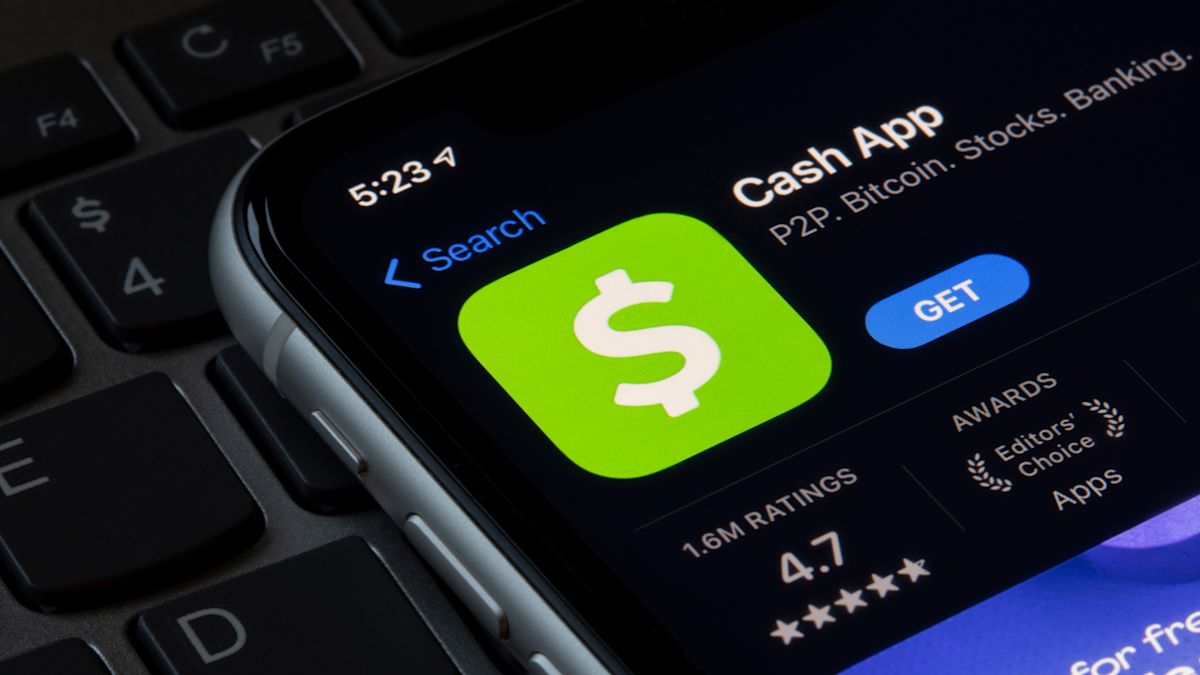Cash App, a popular mobile payment service operated by Block Inc., is facing legal consequences for allegedly sending unsolicited referral text messages to individuals without prior consent. The company has agreed to a \$12.5 million settlement in response to a class action lawsuit filed in the U.S. District Court for the Western District of Washington. The messages in question were part of the app’s “Invite Friends” referral campaign and were sent to individuals with Washington state area codes, many of whom claim they never interacted with the platform.
The lead plaintiff, Kimberly Bottoms, filed the lawsuit in November 2023, alleging that the company had violated both the Washington Consumer Electronic Mail Act (CEMA) and the Washington Consumer Protection Act (CPA). Although Block Inc. denies any wrongdoing or liability, the company has agreed to the financial settlement to resolve the dispute and avoid further litigation. The settlement, once approved by the court, will allow eligible individuals to claim a portion of the fund as compensation for receiving these unsolicited texts.
Legal Claims Cited Under State Privacy Laws
The lawsuit rests primarily on CEMA and CPA, two laws created to safeguard consumers from unwanted digital communications and deceptive marketing practices.
According to court filings, Cash App’s automated referral system allegedly sent text messages to Washington residents without their permission. These messages encouraged recipients to download and use the app through referral links, which, if accepted, would benefit existing users with cash bonuses.
The complaint argued that this campaign, while aimed at increasing Cash App’s user base, overstepped legal boundaries by failing to obtain opt-in consent. As a result, the lawsuit accused Block Inc. of engaging in unfair marketing tactics and mishandling personal data.
Nearly Two Million Phone Numbers Affected
The settlement class includes individuals with Washington area codes who received Cash App referral messages between November 14, 2019, and a date yet to be finalized. Case documents estimate this number at two million unique phone numbers, making the case one of the largest text-message privacy settlements in recent years.
Class members do not need to prove financial loss. Simply receiving the referral text during the identified timeframe qualifies them for compensation.
Cash App Users Could Receive Up to \$147
Under the settlement, the \$12.5 million fund will be divided among eligible claimants who submit valid claims. Payouts will be distributed pro rata, meaning the exact amount each person receives depends on how many claims are filed.
Court estimates suggest each individual could receive between \$88 and \$147, representing roughly 17% to 29% of the \$500 statutory damages per violation allowed under Washington’s CEMA law.
Estimated Compensation Per Claimant
| Expected Payout | Share of CEMA Violation Value |
|---|---|
| \$88 – \$147 | 17% – 29% of \$500 |
Settlement funds will also cover legal fees, administrative costs, and a service award for the lead plaintiff. These deductions will occur before disbursement to claimants.
Use of the Settlement Fund
The settlement money will be distributed across several categories:
| Category | Funding Source |
|---|---|
| Class Member Compensation | Settlement Fund |
| Legal Fees & Court Expenses | Settlement Fund |
| Administrative Costs | Settlement Fund |
| Plaintiff Service Award | Settlement Fund |
Notification Plan and Claims Process
Once the settlement receives court approval, the claims process will begin. Identified class members will be notified directly through emails and mailed postcards. For individuals who cannot be easily identified, the administrator will conduct an online publication campaign to ensure public awareness.
Eligible claimants will then be able to submit claims electronically via a dedicated settlement website. They will have the option to choose their preferred payment method, including PayPal, Venmo, or paper checks.
Importantly, claimants will only need to confirm receipt of the text message during the eligible timeframe. No evidence of financial harm is required.
Other Legal Issues Faced by Block Inc.
This lawsuit is not the first legal challenge for Block Inc. In recent years, the fintech giant has faced multiple regulatory and compliance issues:
- In 2023, the company agreed to a \$15 million settlement over a data breach that compromised customer information.
- In January 2024, the Consumer Financial Protection Bureau (CFPB) ordered Block to pay \$175 million for failing to provide adequate fraud protection and customer support.
These cases reflect the broader scrutiny of the fintech sector, where questions around data privacy, marketing practices, and consumer protection continue to grow.
Lawsuit Status and Legal Representation
The case, officially titled Bottoms v. Block Inc., Case No. 2:23-cv-01969-MJP, remains pending review in the Western District of Washington.
The plaintiff is represented by attorneys from Terrell Marshall Law Group, PLLC, and Berger Montague, PC. These firms negotiated the settlement and will oversee the claims process once the court grants final approval.
Until that approval, Washington residents who may be eligible are encouraged to monitor updates closely, as official notification and claim submissions will only begin once the settlement becomes active.
FAQs
Q1. Why is Cash App paying a settlement?
Cash App agreed to a \$12.5 million settlement after being accused of sending unsolicited referral text messages in violation of Washington privacy laws.
Q2. Who is eligible for compensation?
Anyone with a Washington area code who received Cash App referral texts between November 14, 2019, and a date to be finalized may qualify.
Q3. How much money could I receive?
Eligible claimants are expected to receive between \$88 and \$147, depending on the total number of claims filed.
Q4. How will payments be distributed?
Payments will be issued via PayPal, Venmo, or mailed checks once the claims website goes live and final court approval is granted.
Q5. Has Block Inc. faced other legal issues?
Yes. Block Inc. has faced lawsuits over data breaches and was fined \$175 million in 2024 by the CFPB for inadequate fraud protection and customer service.








